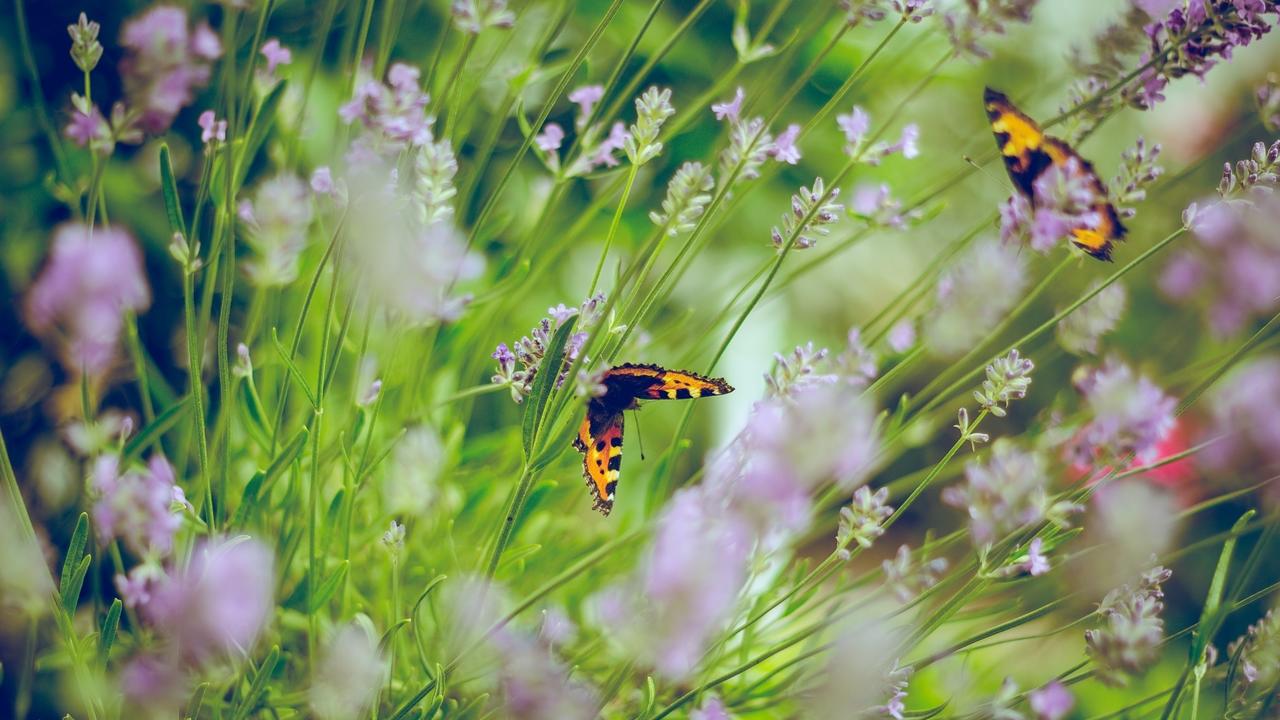Episode 040: Going Back to Grandma's Garden with Mike Dorion
Jun 09, 2020
Welcome back! This week on the Seeds of Tao podcast we're interviewing Mike Dorion, an awesome permaculture teacher and practitioner in Calgary, Alberta, Canada. He has an important and timely message to share with all of us - do it like Grandma did it! Before we dive into the post here, if you'd like to get in contact with Mike or check out what he's up to, you can pop over to...
His main business, Living Soil Solutions at https://www.livingsoil.ca/
His YouTube channel for Living Soil Solutions at https://www.youtube.com/channel/UCL8W6zR2MOXA4Xrdgyzreag
Then his land revitalization program in Calgary he mentioned in the podcast is at https://highfieldfarm.ca/
Grandma's Garden
My maternal grandmother's family were sheep farmers in Idaho, and my grandmother is one of nine children. While she went off to work, marry, and raise her family in California, many of her siblings and their families stayed in Idaho. Many summers growing up, my mom and I would go up to visit this side of the family in Idaho. We would stay at my aunt Martha's house, where she would feed me homemade pear preserves and fresh raspberries from the garden on top of my waffles until I could burst. We would spend the daytime out on horseback, helping my uncles with the cattle drive. Most of my family up in Idaho lived in a tiny little rural town, and did what they could to be self-sufficient in that rural environment, which nearly always meant having gardens.
I remember sitting in my Aunt Martha's sun-room in the mornings, watching the sun catch on her glass hummingbird figurines, and gazing out at her garden. I remember seeing the raspberry bushes, covered in wire cages to keep the birds out. To be honest, I can't tell you all she grew, because I was so fixated on those raspberry bushes.
While my grandmother grew up on a sheep ranch, with a large family garden, she moved away from that scene, to a suburban environment. And just like that, future generations became cut off from that knowledge of how to live simpler and more self-reliant. My mom and her brother grew up in suburban California. While both my mom and I have sought to connect more with those rural roots by gardening and raising animals, we really were starting from scratch.
This is so common. Our grandparents and great-grandparents relied on their gardens to feed their family, yet with convenience and sociological trends, that knowledge was pushed aside.
The fact is, our grandparents' gardens are great models for us. They grew gardens before they were using fertilizer everywhere, and a laundry list of soil additives. They had to work with what was around them, with animals, and their own kitchen waste to make compost. And yet now we find ourselves coming full circle and seeing the value in that simpler, more robust gardening strategy.

A Simpler Life
The past 70 years have sent us into an ever-increasing trend towards suburban, convenient, and more complex living. Many have felt this complexity and chaos wearing on them, and have taken up the banner of the back-to-land movement, trying desperately to return to a "simpler life."
For the first time we've been seeing developments in language to label trendy terms like "minimalist," "crunchy," "granola," "holistic," "natural living" and so on which are really describing exactly how our grandparents lived.
Is this a bad thing? Not at all. And it's not to say that developments in medicine, technology, travel and such haven't been AMAZING. It's just worth pointing out that this trend towards the simple and authentic was not trademarked by us. That doesn't make the desire to simplify any less profound, in fact we totally advocate it. We've lived much simpler than most for many years.
Simplifying your life is freeing, exciting, and motivating. It helps you to live a life as your true self, uncluttered by the distractions around you. We should simplify our mind, our home, our relationships, and of course, our soil.

A Simpler (and Yet More Complex) Soil
Our soil is not the same as it was when our grandparents were growing up. They used to sow compost, and possibly manure, and leave it at that. Nowadays you can walk into a home improvement store and there are aisles packed with a myriad of colored bags for every imbalance your soil may have, and 20 things you can purchase to make your plants grow bigger.
And yet, this is like making fake snow on a mountain in fall. It will take a ton of energy and money to do it, but you'll get what you want... But if you bide your time the process can happen naturally on its own, and with way better results.
Soil is amazingly complex. Productive soil has between 100 million and 1 billion bacteria in a single teaspoon. You cannot synthesize that kind of life. You cannot amend that kind of life into it. We can, however, support it by planting the right things in the right places, and leveraging naturally occurring processes like compost to aid in the development of that life.
The Call
One of my favorite quotes from this episode was when Mike said, "Soil doesn't like to be treated like dirt." It's so true. We need to re-analyze what we're doing or not doing to our soil. It's one of the most valuable resources on earth, but we shouldn't overthink it. That's one of the beauties of permaculture, it really does focus on the soil-building, and the naturally-occurring give and take cycle of the earth. So let's all take this time to look at what we're doing and see where we can improve, for ourselves, for our families, and for the earth.
Keep Growing!
Previous Episode: Earth Care World Report on Soil Health
